The best treadmill 2025: The best running machine for every fitness level
Find the best treadmill for your space, budget and fitness level
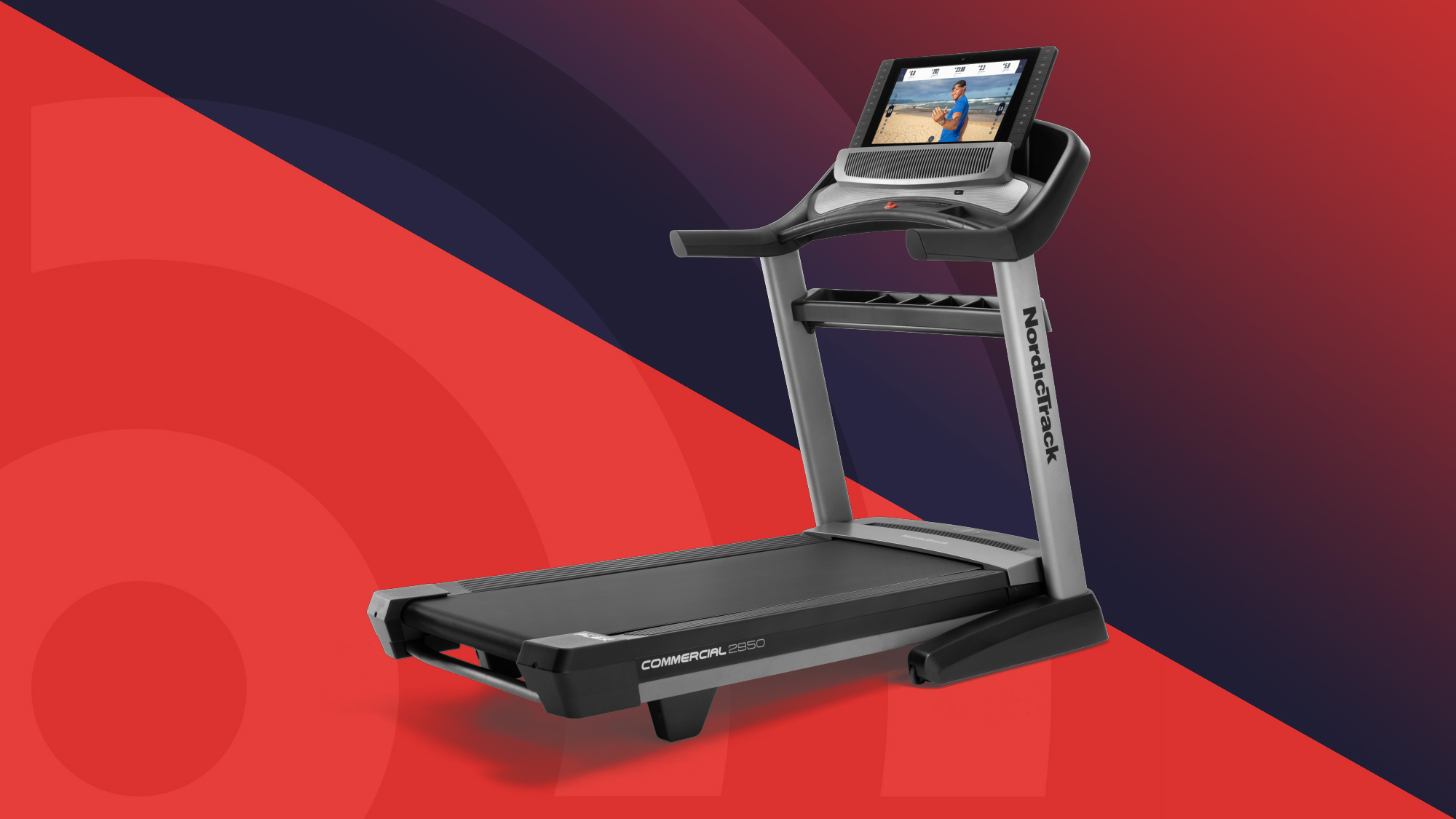
The best treadmills are a weighty but worthwhile investment in your health and fitness. If you want to workout from home, and you're serious about running to improve your fitness, then an under-desk treadmill or walking pad isn't going to cut it.
We've been testing treadmills for years and have put our expertise to use coming up with top picks for a range of different needs. The world of treadmills can be overwhelming, so we've sifted out most of the chaff to bring you top picks for overall, premium, budget, and beginner models.
When it comes to a treadmill you'll want to consider space, weight, size, as well as features like heart rate monitoring and built-in display. Take a look at the best treadmills in 2025 below.
The quick list
Do you want to quickly find the best treadmill for you? Take a look at this at-a-glance overview, which picks out the most important features of each treadmill, so you can quickly narrow down your options, then jump down the page for a more detailed look.
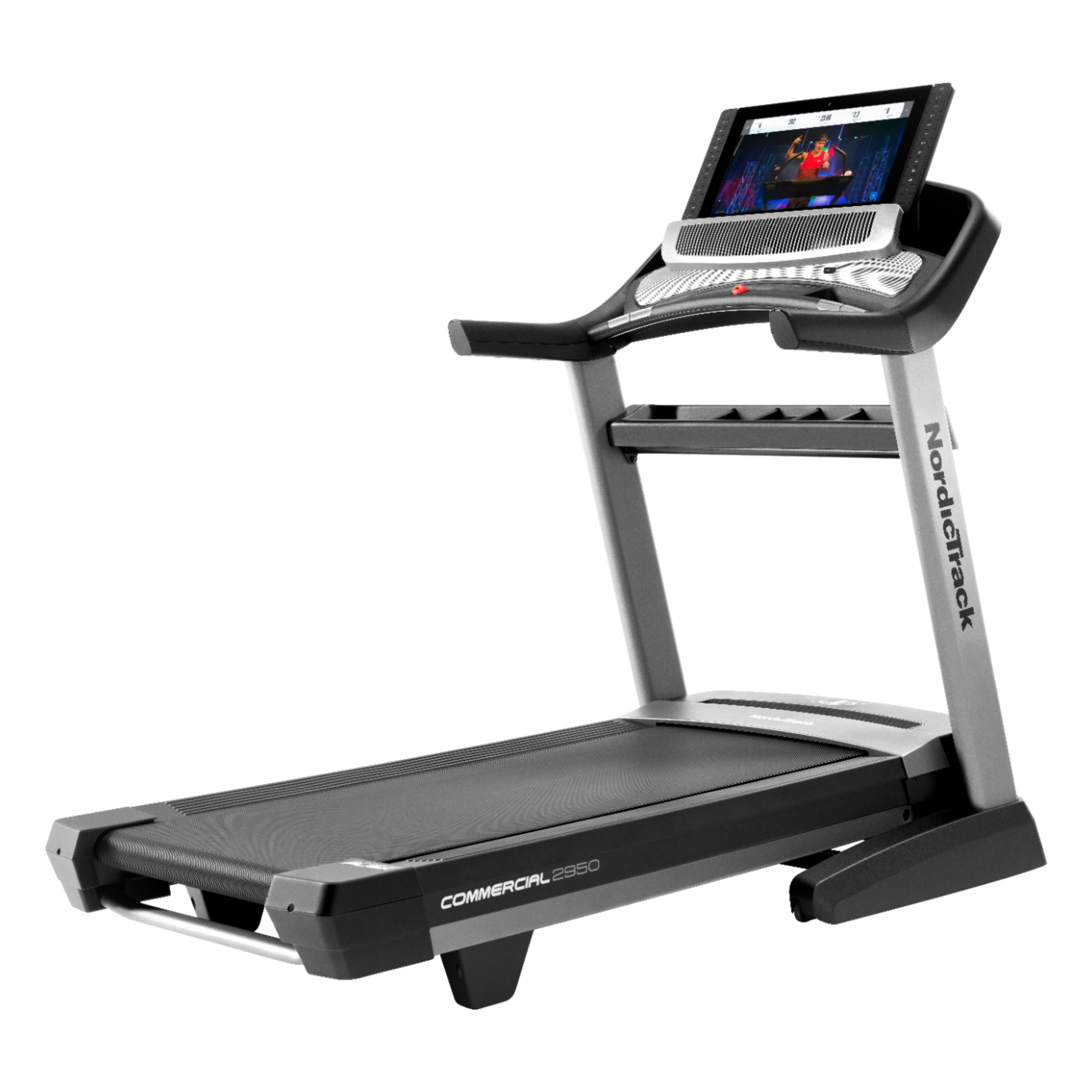
Best overall
A sturdy and well-built treadmill with a super powerful motor offering a range of features to keep both newbies and dedicated runners happy.
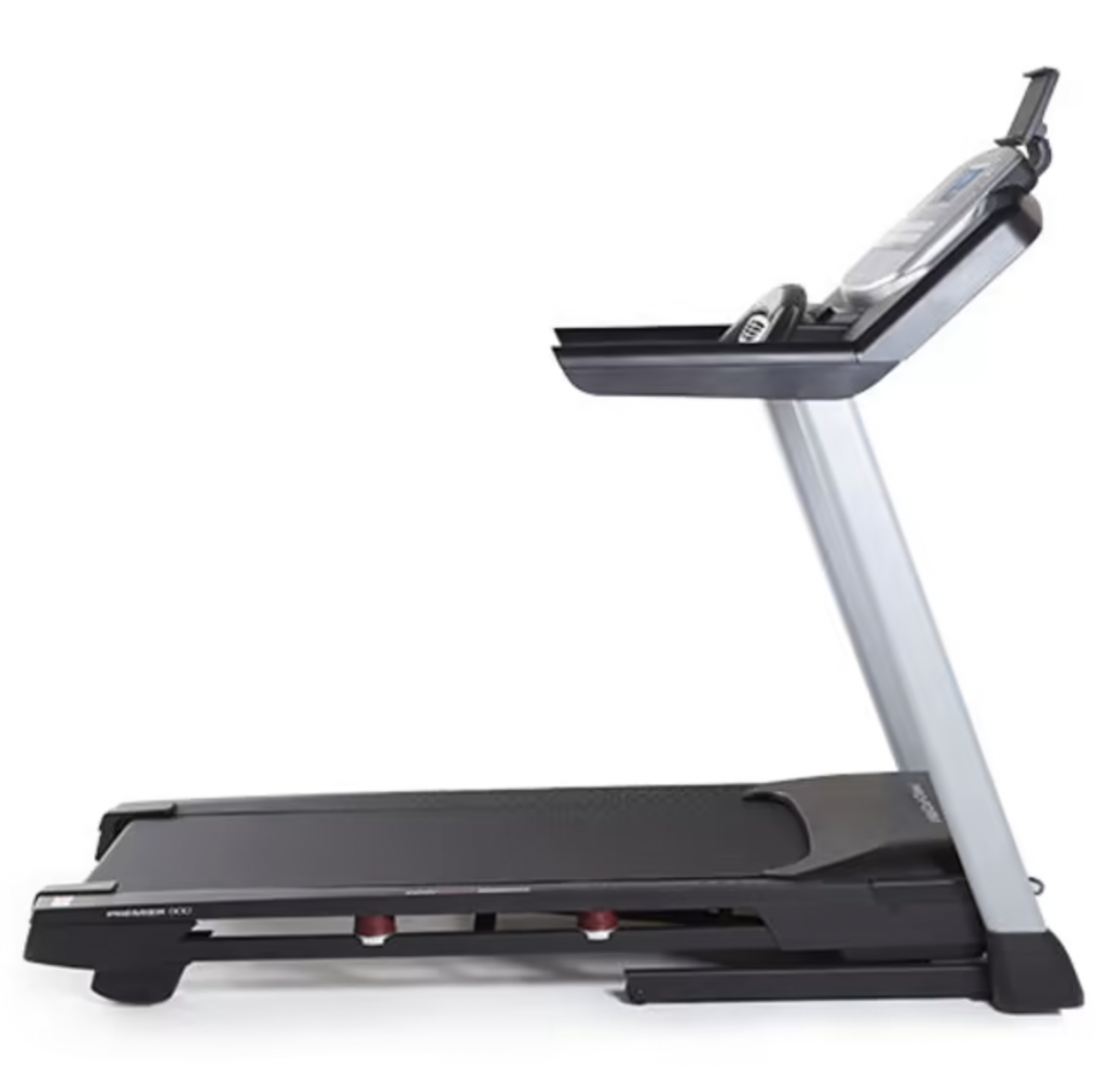
Best budget
A foldable and solid treadmill that's excellent value with a powerful motor and incredibly impressive incline feature, ideal for interval training and hill climbs.
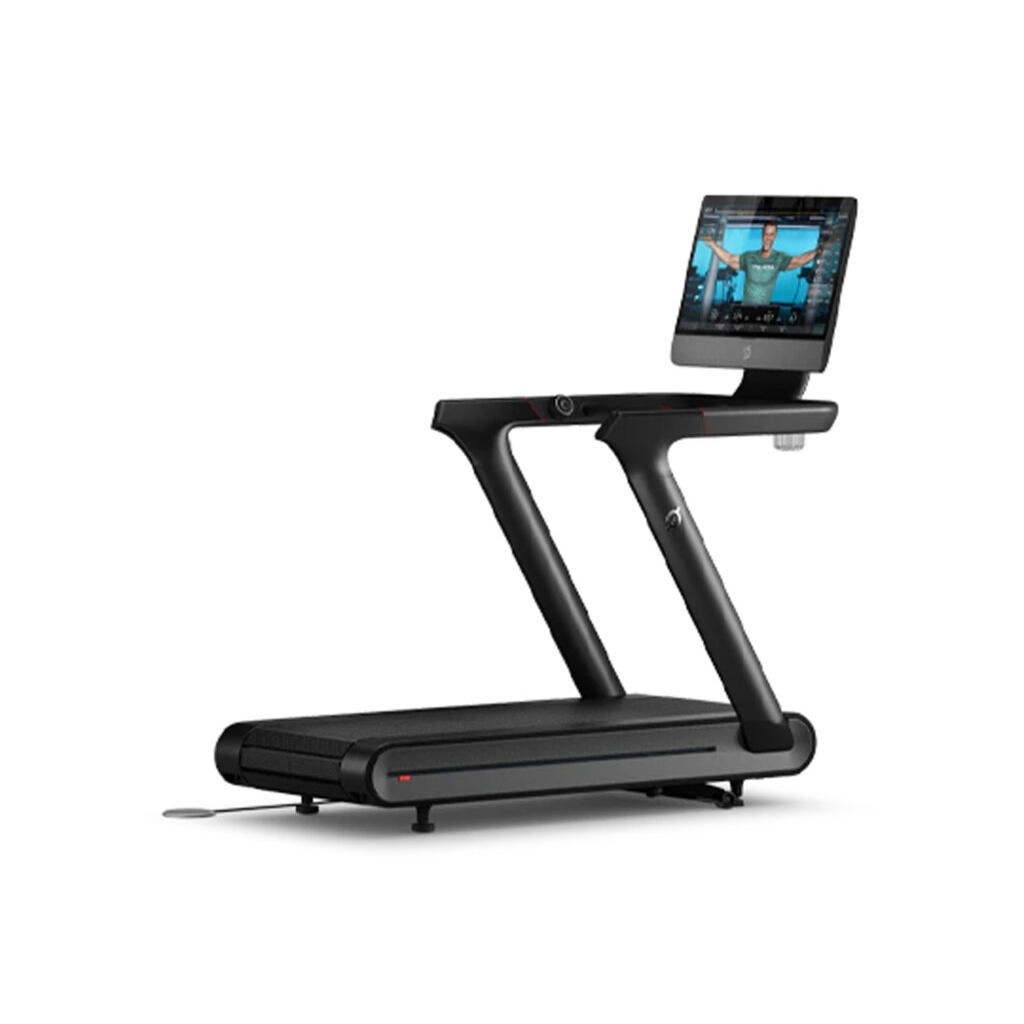
Best premium
A feature-rich, high tech treadmill that keeps runners motivated with its extensive library of live and on-demand workouts, very expensive but worth it if you have an unlimited budget.
Load the next 1 product...
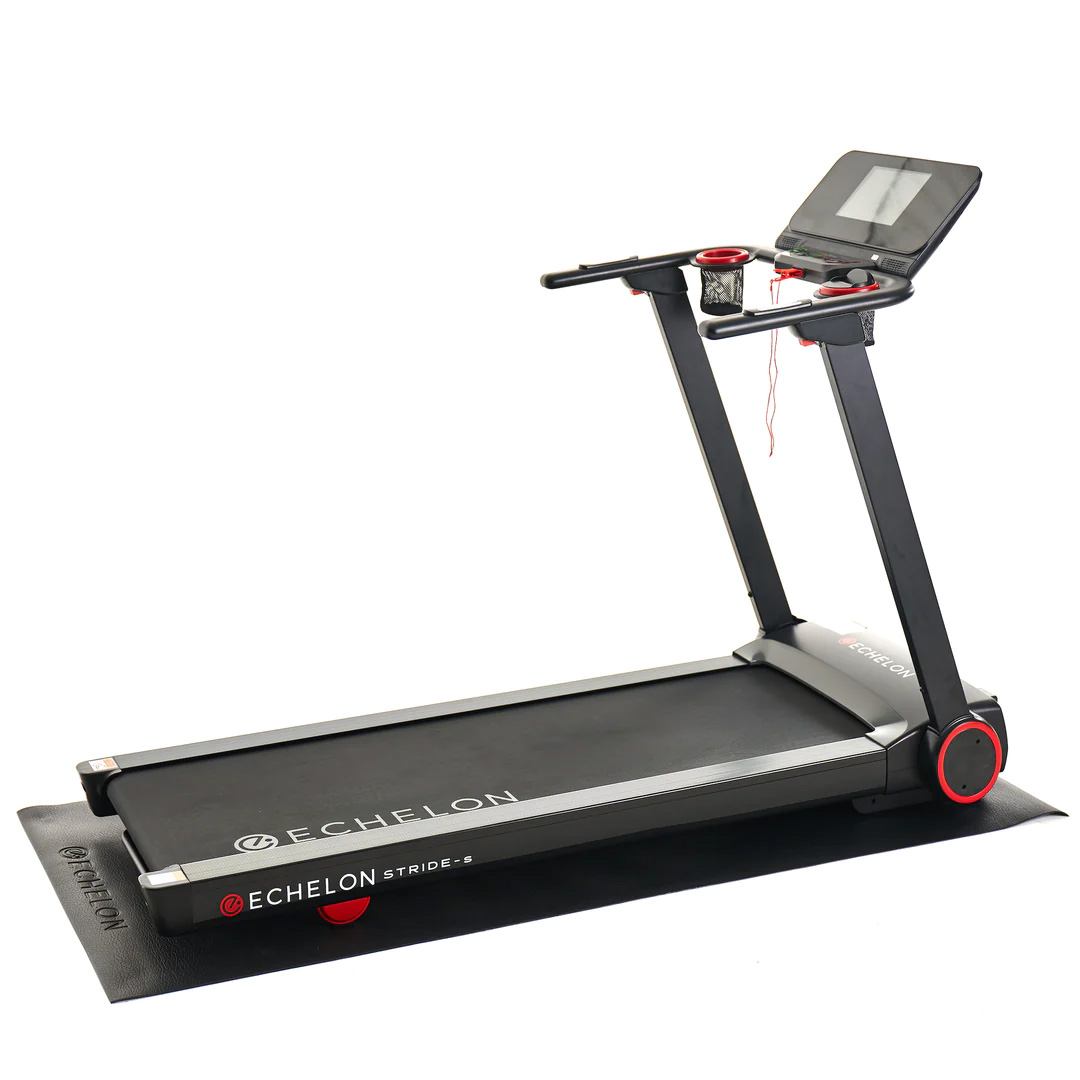
Best for beginners
A minimal design and easy-to-use interface makes this treadmill great for newbies. It’s also portable with an auto-folding mechanism, making it easy to stow away.
The best treadmills for 2024
Why you can trust TechRadar
The best treadmill overall
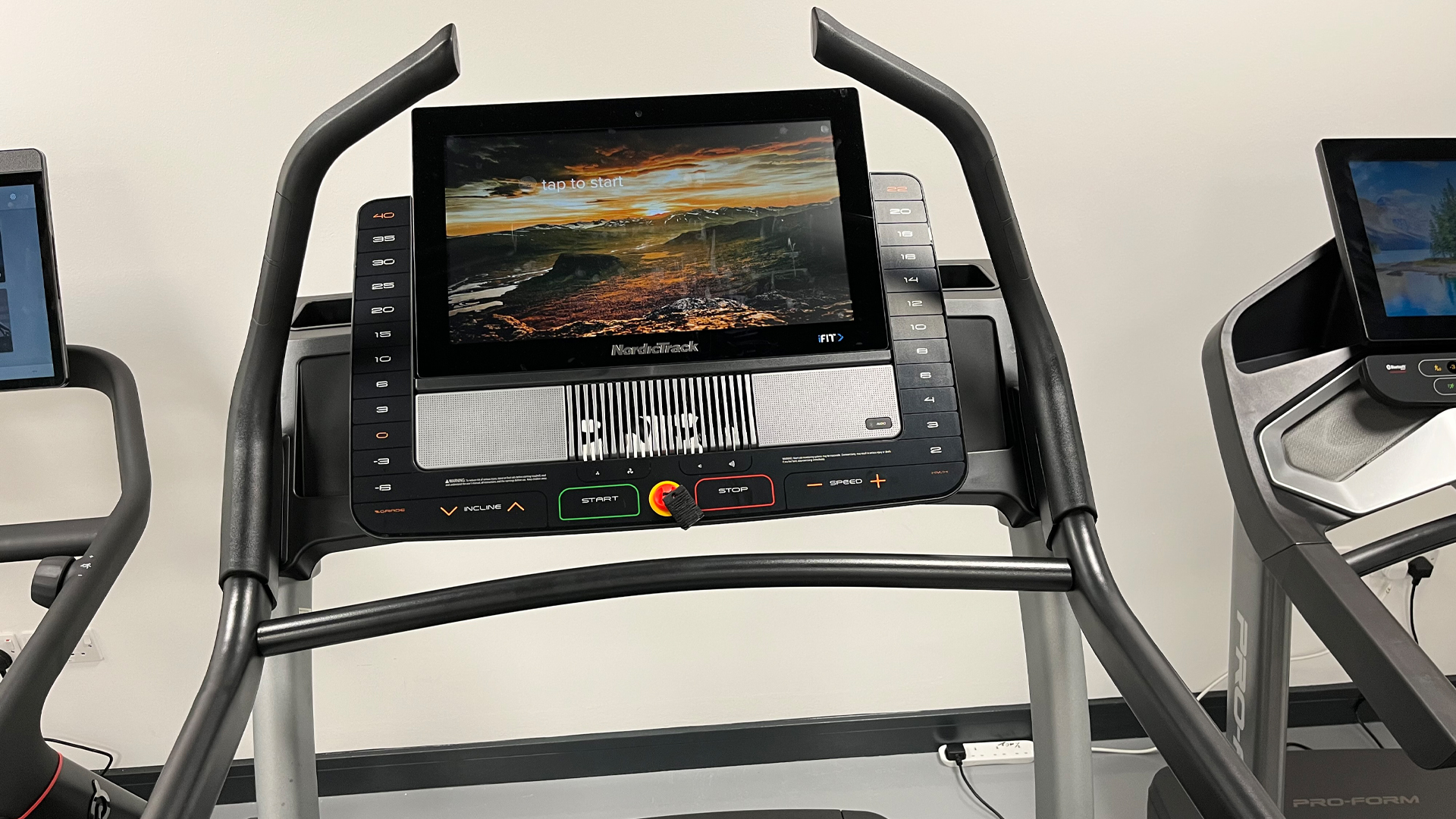
Specifications
Reasons to buy
Reasons to avoid
The NordicTrack 2950 is a top-of-the-range treadmill with an excellent design and a vast range of features to keep both newbies and dedicated runners happy. Yes, it’s big but if you’ve got the space you won’t regret investing in this gym-quality running machine.
If you’re a fan of interval training you’ll love the, frankly awesome, -6 to 14% incline and decline range, powered seamlessly by the meaty and quiet 4.25HCP motor. The NordicTrack 2950 also has some serious shock absorbers (Runners Flex cushioning) making it nice and springy to run on, so it’s joint-friendly.
The 22” HD touchscreen is one of the biggest pulls, with its crisp graphics, intuitive controls, and awesome online content via the iFit app (you get a 30-day free trial with your purchase). Similar to Peloton classes, these workouts are energetic, informative, and fun, and you’ll never run out of ones to try, with over 16,000 on-demand sessions in their library. If you don’t want an iFit subscription when your trial runs out, there are 40 pre-programs on the machine, too.
This has everything you want from a high-end treadmill and more. If you’ve got the space and budget, the NordicTrack 2950 might just be the best treadmill on the market right now.
View our full NordicTrack Commercial 2950 review
The best budget treadmill
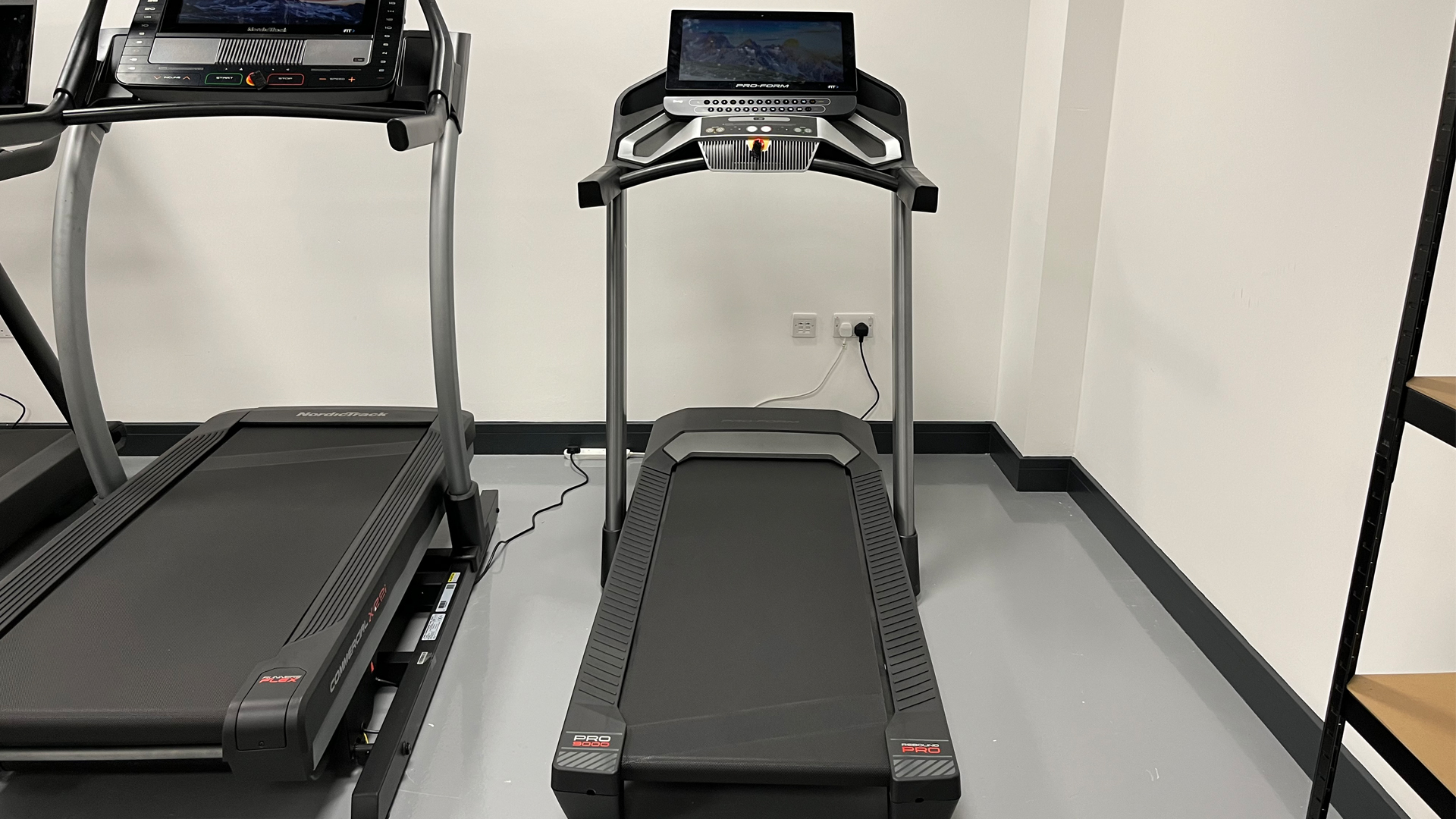
Specifications
Reasons to buy
Reasons to avoid
If you’re after a great value and budget-friendly treadmill with all the basics, the ProForm 900 is a solid choice. It comes with a small color 7” touchscreen, a 2-speed fan to keep you cool, and a quiet but powerful motor, which makes for a smooth transition between the extensive -3% to 12% incline range.
This is where this treadmill comes into its own – if you’re a fan of interval training and hill climbs you’re going to love this machine. With such a high incline you can almost use the ProForm 900 like a Stairmaster, walking briskly to work your quads, glutes, and hamstrings.
ProForm works with iFit for its virtual classes, and this app is bursting with amazing live and on-demand workouts and challenges to try (subscription needed). While the ProForm has a standard belt size (55” x 20”), taller people – anyone over 6ft 2 – might prefer a longer tread to really get into their natural stride. The lack of a USB charger is an oversight given how glued we all are to our devices these days. But for the price and design, this is an impressive treadmill that will suit runners of all abilities.
View our full ProForm Premier 900 review
The best premium treadmill
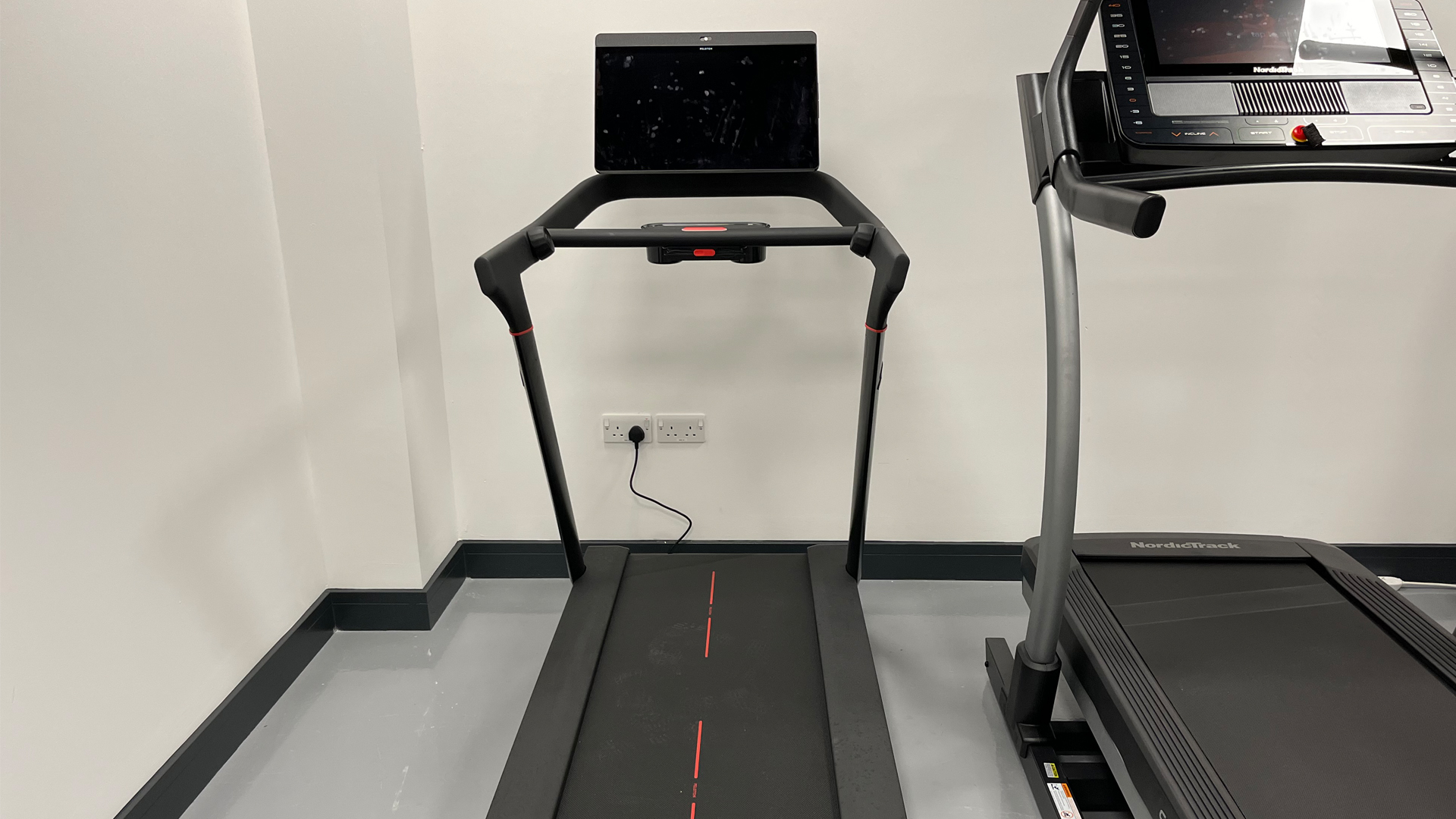
Specifications
Reasons to buy
Reasons to avoid
The Peloton Tread is a feature-rich, high-tech treadmill that keeps runners motivated with its extensive library of live and on-demand workouts. It comes with a high price tag, but don’t be fooled into thinking you are paying for style over substance. Not only is this a sexy-looking machine, it’s a well-thought-out and meticulously designed treadmill that is intuitive and easy to use.
Work your way through guided runs, strength training, yoga, HIIT, and stretching via the Peloton app ($39 a month for membership,) or try a scenic walk, ru,n or hike.
One of the biggest highlights of the Tread is its minimalist design and crisp touchscreen, which is essentially your control center. Nearly all of the buttons are hidden within the display, and you can also adjust the incline and speed via your left and right handrail respectively.
The Peloton Tread is also really quiet and has a well-cushioned belt that feels springy and easy to run on. If you’ve got the budget, this treadmill is a great machine to help you achieve your health and fitness goals by motivating you to train harder and faster.
View our full Peloton Tread review
The best treadmill for beginners
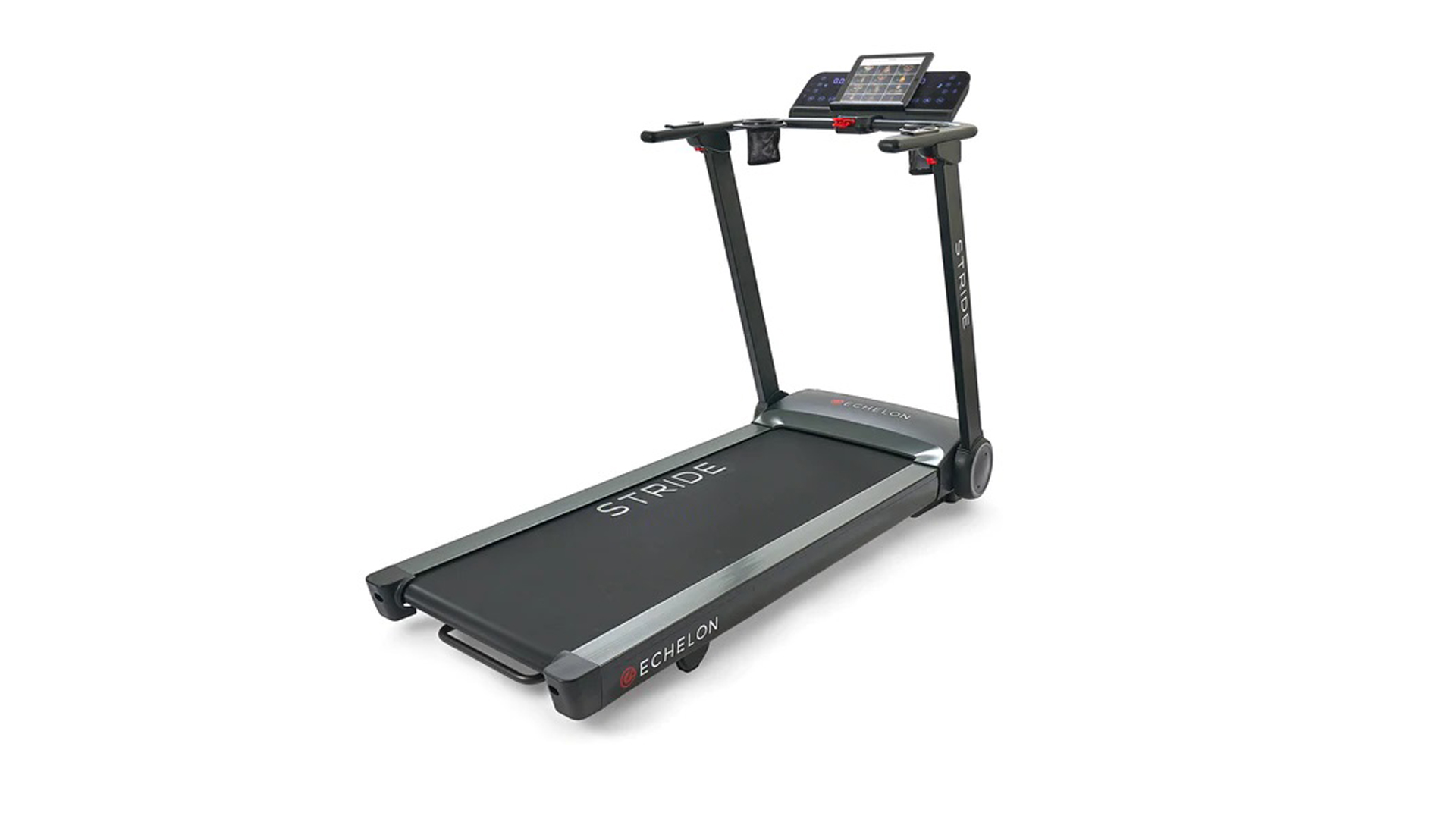
Specifications
Reasons to buy
Reasons to avoid
The Echelon Stride is ideal for technophobes with its minimalist design and simple interface. You can easily change the incline on the left handrail, while the right adjusts your speed. It’s also portable and has an auto-folding mechanism, making it easy to stow away when not in use.
It’s a great choice for people who like walking on a high incline, or a lengthy jog, but because of the slightly weak 1.75HP motor and speed limit of 12mph, more experienced runners might find this treadmill a little limiting.
The Echelon Stride is very comfortable to walk or run on, but particularly heavy or tall people might find it a tight squeeze as the handrails aren’t that wide, and the deck isn’t overly long at 55 inches (most competitors in the same price bracket are 60”). This won’t be an issue for most users, however. For virtual classes taught by enthusiastic instructors, you’ll need to sign up for the Echelon Fit app (subscription required) but you can use it as a standalone treadmill if you don’t want the extra cost.
View our full Echelon Stride review
How to choose the best treadmills
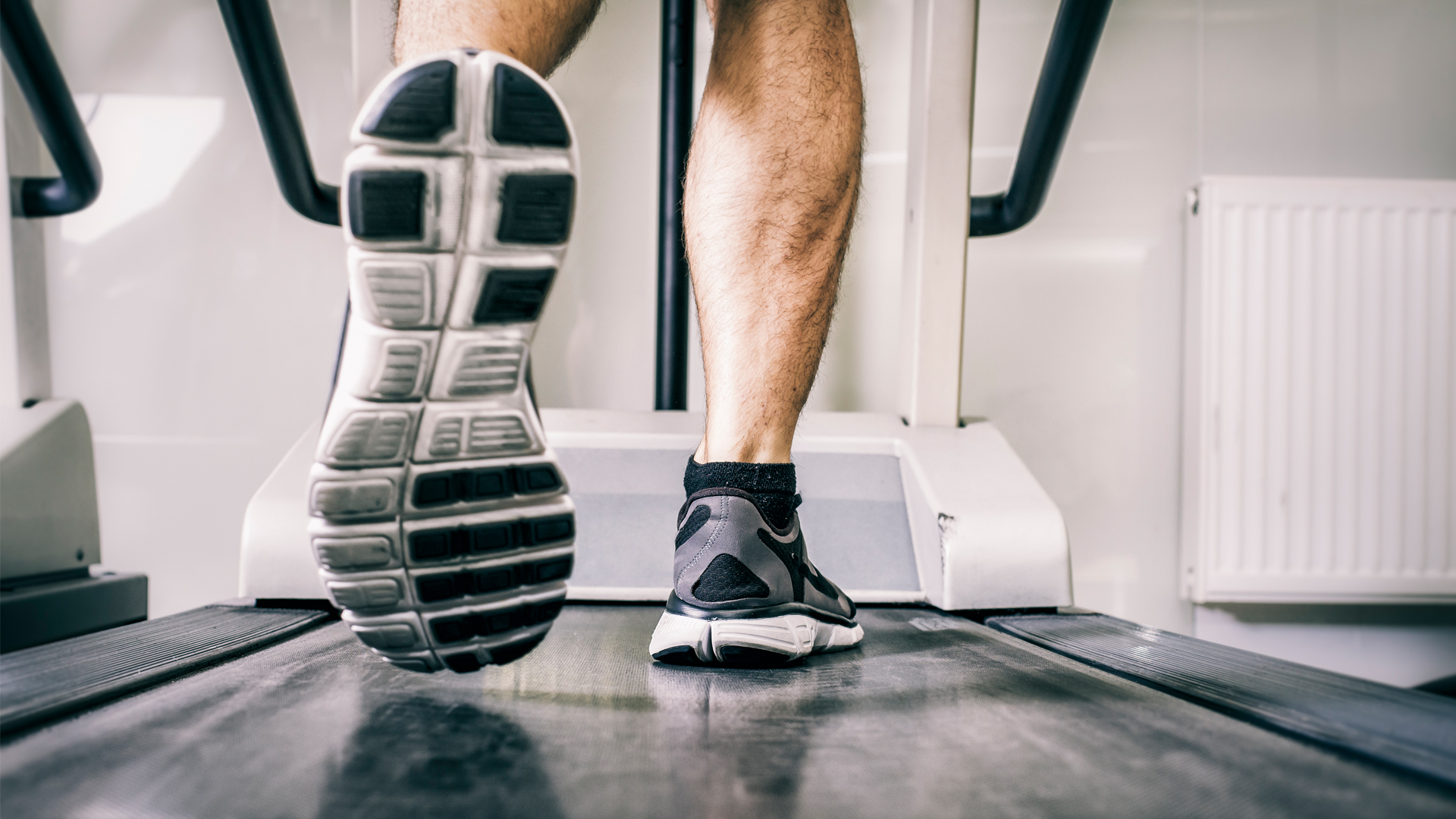
It can be tough to know where to start when buying the best treadmill for you, but there are certainly some things to keep in mind to help you narrow the options down.
For one, budget is important – there are all kinds of treadmills out there, but many of the most expensive ones are likely to have features you may never use. Another key consideration is space – will the treadmill sit in your home or garage, and will it need to be foldable? If you live in close proximity to someone, you should also consider how loud the treadmill will be while in use.
As a rule of thumb, you’ll want to find a treadmill with a motor horsepower of 1.5 at least, but up to 2.5 to 3.0 if you train regularly. If you’re running, look for a tread belt that’s 48 inches by 18 inches in length, but be prepared to go to 52 inches by 54 inches if you’re over 6ft to account for stride length.
If you don’t need a screen built into your treadmill, consider going without one - this can make a sizeable difference in price. If you think you’ll use online sessions or require the distraction, though, you may find the pros outweigh the cons.
How we test the best treadmills
We put treadmills through their paces by using them at various different speeds, rating the number of features and the construction of the treadmill against the price to determine the best value for money. If the machine has classes on offer, we try the classes to get a better idea of the overall experience. Finally, we look at how easy it is to use, and what metrics and information we’re able to glean from our workouts.
How to choose the best treadmill for you
The best treadmill for you will depend on a range of factors. Given these are high ticket items, budget is probably the most important consideration. The other big factor is space, treadmills take up a lot of room and are very heavy, so once you've installed it you won't want to be moving it around.
After that, consider things like speed and incline, as that will limit how useful the treadmill is to more advanced runners.
Get daily insight, inspiration and deals in your inbox
Sign up for breaking news, reviews, opinion, top tech deals, and more.

Matt is TechRadar's expert on all things fitness, wellness and wearable tech.
A former staffer at Men's Health, he holds a Master's Degree in journalism from Cardiff and has written for brands like Runner's World, Women's Health, Men's Fitness, LiveScience and Fit&Well on everything fitness tech, exercise, nutrition and mental wellbeing.
Matt's a keen runner, ex-kickboxer, not averse to the odd yoga flow, and insists everyone should stretch every morning. When he’s not training or writing about health and fitness, he can be found reading doorstop-thick fantasy books with lots of fictional maps in them.